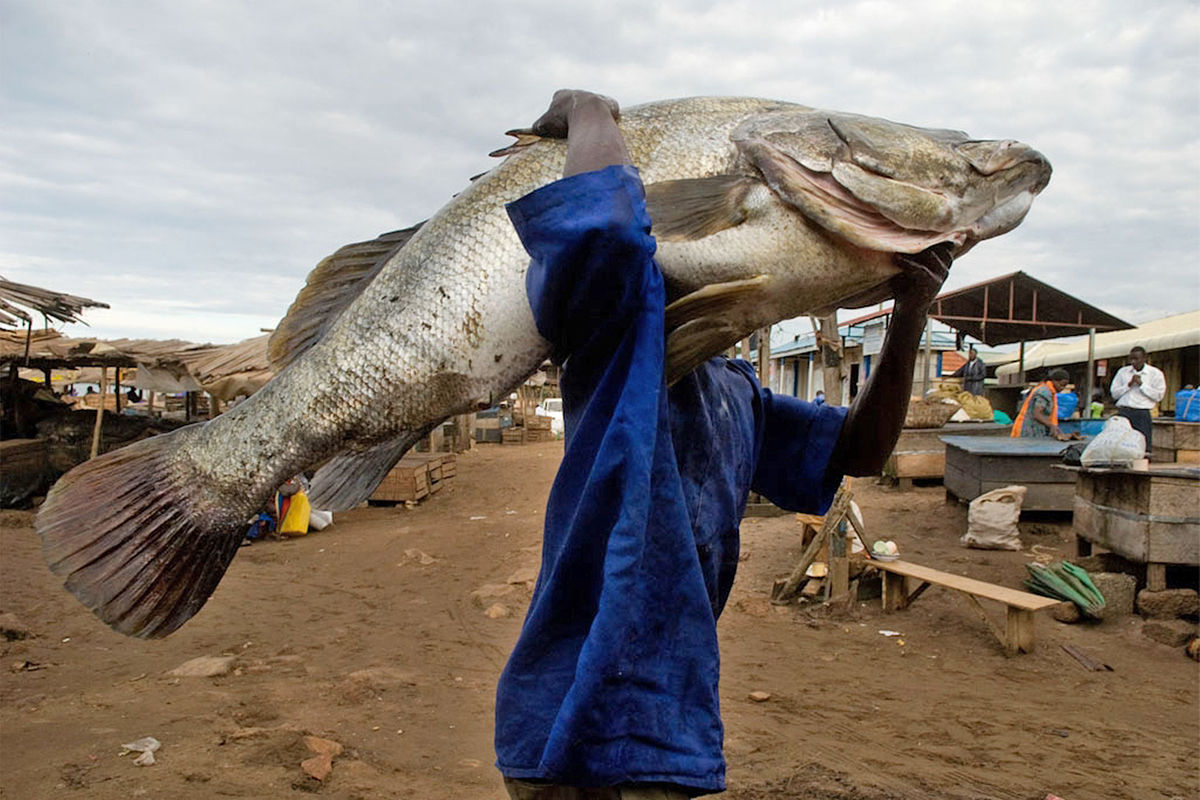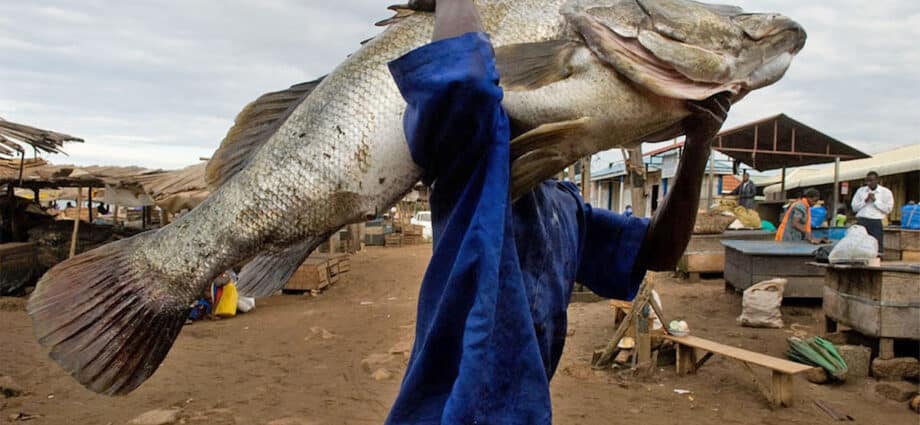
Dar es Salaam. The fishing trade in Tanzania remains highly uneven, with the Lake Zone dominating the industry while coastal regions struggle to match its success.
According to the latest Consolidated Zonal Economic Performance Report for the quarter ending September 2024, the Lake Zone accounted for 36 percent of the total value of fish sold in registered markets in September 2024, compared to just 20.8 percent for the South Eastern coastal regions, despite their direct access to the Indian Ocean.
While the Lake Zone recorded Sh66.5 billion in fish trade value, the South Eastern zone—which includes regions like Mtwara, Lindi, Tanga and parts of Coast Region—generated only Sh38.4 billion. Experts argue that this disparity is driven by multiple factors, including differences in fishing infrastructure, market access and government policy support.
However, speaking with The Citizen, Principal Fisheries Officer at the Ministry of Livestock and Fisheries Owen Kibona said the government has been working hard across various regions to enhance the fishing trade.
He said while the Lake Zone saw early success in this industry, the coastal regions have also made significant progress. As time progresses, these coastal areas are expected to continue improving and they may eventually reach the same level of success as the Lake Zone.
“As the government continues to invest in the fishing trade across the country, the Lake Zone initially led the way in terms of success. However, the coastal regions are now also performing well. With time, these regions are expected to make even greater strides and may eventually match the Lake Zone’s achievements in both production and trade,” Mr Kibona said.
For his part, a lecturer at Fisheries Education and Training Agency (FETA), Mr Hassan Mhando, said the dominance of the Lake Zone in the fishing trade is largely due to the nature of its fishery resources.
“Freshwater fish, particularly from Lake Victoria, have high local and regional demand. Species such as Nile perch and tilapia fetch premium prices in domestic and export markets,” he said.
Mr Mhando added that unlike marine fish, which require complex processing and preservation due to their quick spoilage, freshwater fish from the Lake Zone are easier to handle and transport to key markets, including Kenya and Uganda.
“This allows traders to move large quantities with lower costs, increasing profitability.”
According to the report, the Lake Zone recorded 5,822.7 tonnes of fish traded in September 2024, compared to 6,835.6 tonnes from South Eastern coastal regions.
Despite higher output from the coastal regions, their lower total value indicates weaker pricing power, something experts say is driven by quality concerns and market structure.
Another lecturer at FETA, Mr August Shirima, pointed out that coastal fishing in Tanzania faces structural and logistical challenges that limit its competitiveness.
“Unlike the Lake Zone, where fishing is more organized and supported by strong value chains, coastal fishing remains largely informal and dominated by small-scale fishers who lack proper equipment,” he said.
He noted that deep-sea fishing, which could be a game-changer for coastal regions, remains underdeveloped due to a lack of investment in modern fishing vessels and cold storage infrastructure.
“Most fishers along the coast still rely on traditional wooden boats, which restrict them to nearshore waters where fish stocks are increasingly depleted.”
The issue of post-harvest losses is also a major challenge. Without sufficient cold storage facilities, a significant portion of marine fish spoils before reaching the market, further reducing its commercial viability.
“The Lake Zone benefits from better storage and transport networks. In contrast, many coastal fishers are forced to sell their catch quickly at lower prices due to a lack of proper preservation facilities,” Mr Shirima added.
He pointed out that while some efforts have been made to promote deep-sea fishing, the pace of implementation has been slow.
“Incentives such as tax breaks for investing in modern fishing vessels and cold chain infrastructure could transform coastal fishing, but there hasn’t been strong government push in this direction,” Mr Shirima said.
Another critical factor contributing to the dominance of the Lake Zone is its well-established trade links with neighbouring countries.
A senior lecturer in aquatic ecology and Head of the Department of Aquatic Sciences and Fisheries at the University of Dar es Salaam, Dr Rashid Tamatamah, explained that Lake Victoria’s proximity to key export markets gives it a competitive edge.
“Freshwater fish traders have established strong networks with buyers in Kenya, Uganda and even beyond to DR Congo. This consistent demand ensures stable prices,” he said.
Meanwhile, coastal fishers mainly rely on local markets, which are often saturated, leading to price volatility. The absence of well-structured export pathways for marine fish limits growth.
“Without integrating marine fishing into regional trade agreements, coastal fishers will continue to struggle to match the Lake Zone’s output,” Dr Tamatamah said.
To bridge the gap, industry stakeholders believe a comprehensive approach is needed.
UDSM lecturer Barnabas Tarimo said investment in modern fishing technology is crucial.
“Coastal regions must transition from small-scale, nearshore fishing to industrial deep-sea fishing. This requires significant investment in better boats, fishing gear and cold storage facilities,” he said.
He also emphasized the need for policy reforms that encourage large-scale commercial fishing operations in coastal areas.
“Government support, including financing options for small fishers to acquire better equipment, would be a game-changer.”














